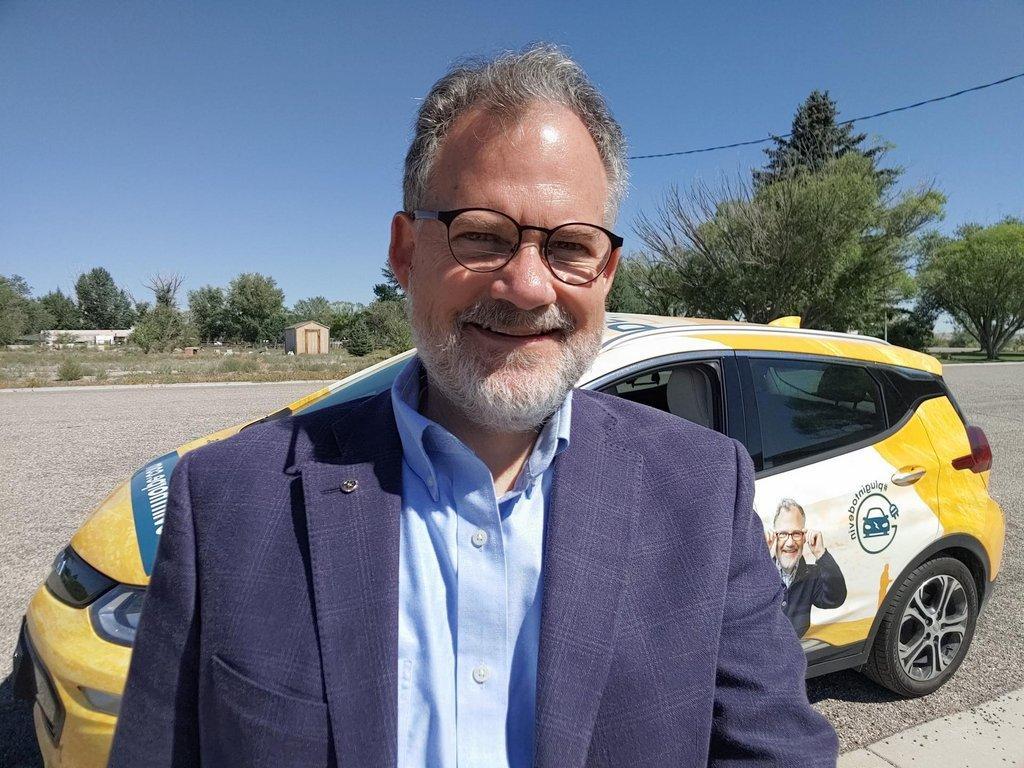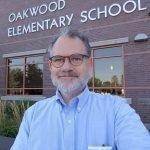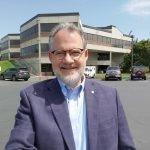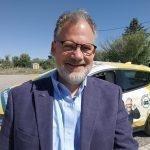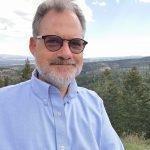Utah Congressional Candidate Devin Thorpe took the chance to connect with communities throughout the state in a socially distant way with his 36 in 36 tour.
This tour, a 36-hour trip to 36 Utah towns, featured live social media broadcasts from each location. On Saturday afternoon, Thorpe was in Price City.
Thorpe remarked that the tour went really well overall and the engagement was in line with expectations. The views were an average of about 100 per video, meaning that there were 3,600 views across the 36 stops.
This, to Thorpe, made the trip well worth the time and effort. This was especially worthwhile due to Thorpe being able to prove his commitment to hear each community’s concerns. He stated that he was really excited to engage thoughtfully with each and every community.
The trip was made possible with an electric car, which was important to Thorpe as he wished to demonstrate how they are a great option for travel. He stated that during his 36 hours on the road, he had no problems and even utilized the charging stations located in the USUE Prehistoric Museum’s parking lot. He wished to prove that the use of an electric car is possible, even in rural Utah.
Thorpe said that the charging stations in Price were his favorite in Utah as the devices charged many times faster than a regular outlet. Thorpe is excited about the use of electric cars as part of a solution to climate change.
He also remarked on the Miners Memorial located near the charging stations, stating that it is a moving, sacred place. Thorpe has visited the memorial many times and brought others to view it, even sharing videos.
To Thorpe, the memorial makes a point that it is critically important for Washington to understand that miners have scarified their lives to allow Americans the ability to reliably and affordably flip the switch on time and again.
“We owe coal miners and coal mining communities a debt of gratitude. I think that debt of gratitude needs to be calculated and reflected financially,” Thorpe said.
Thorpe continued by expressing that a key part of his objective is not leaving coal mining communities behind as plans grow to adjust transition to clean energy.
Going in a different direction, Thorpe expressed that he believes that Washington failed in regard to children returning to school in the wake of the COVID-19 pandemic. He remarked that it is a critical area where Washington should have stepped up to provide leadership; instead, he said there is the worst possible combination with a president insisting to go back but support not being provided.
Thorpe believes that, in Carbon and Emery counties, the rate of infection is likely low enough that it is safe for kids to go back while doing everything possible that if a sick child goes to school, the impact is very isolated.
Continuing on the topic of the pandemic, Thorpe stated that he did not believe the issue was that the state opened too soon. He said that the issue rested in the fact that the state did not open with the right level of preparation, which is not quite the same issue.
Two areas that were critical to Thorpe in the past, healthcare and poverty, have been on the forefront of his mind with the COVID-19 pandemic. He spoke on how assistance has not been provided to many, specifically Native Americans that reside in Utah. He remarked that those that are at a poverty level have been hit the hardest by the pandemic. Thorpe also stated it should be the goal and standard that the free COVID-19 testing applies to all possible diseases.
“We’ve got to fix our healthcare system,” Thorpe said.
On the other hand, Thorpe explained that there is much that has been completed that is positive. In May, Thorpe focused his efforts on a Navajo nation was impacted by COVID-19 as he was part of a team that gathered emergency supplies and personal protective equipment. He said that 10 tons of food and emergency supplies were donated and that it was a moving experience to gather those items.
Thorpe also spoke on the additional jobs coming to rural Utah as the workforce learns that working remotely is easier than ever imagined.


